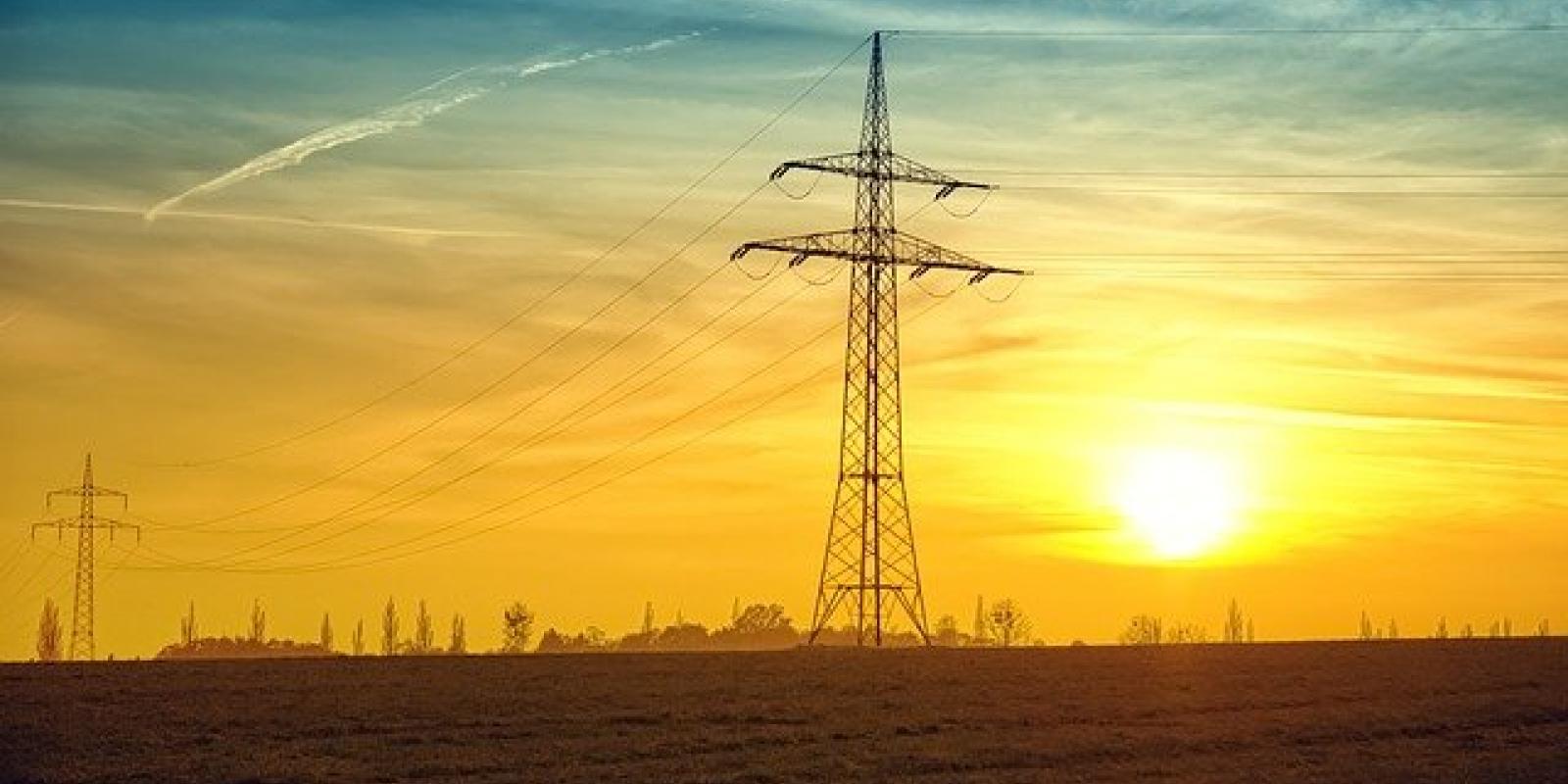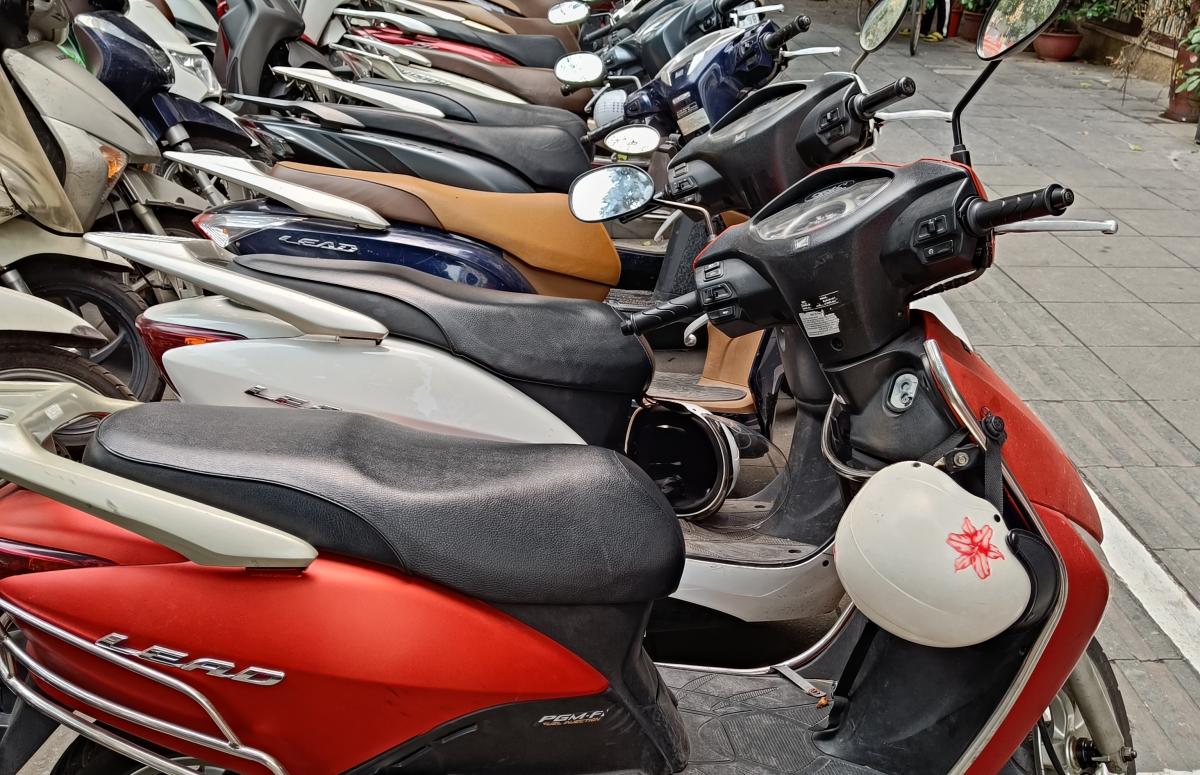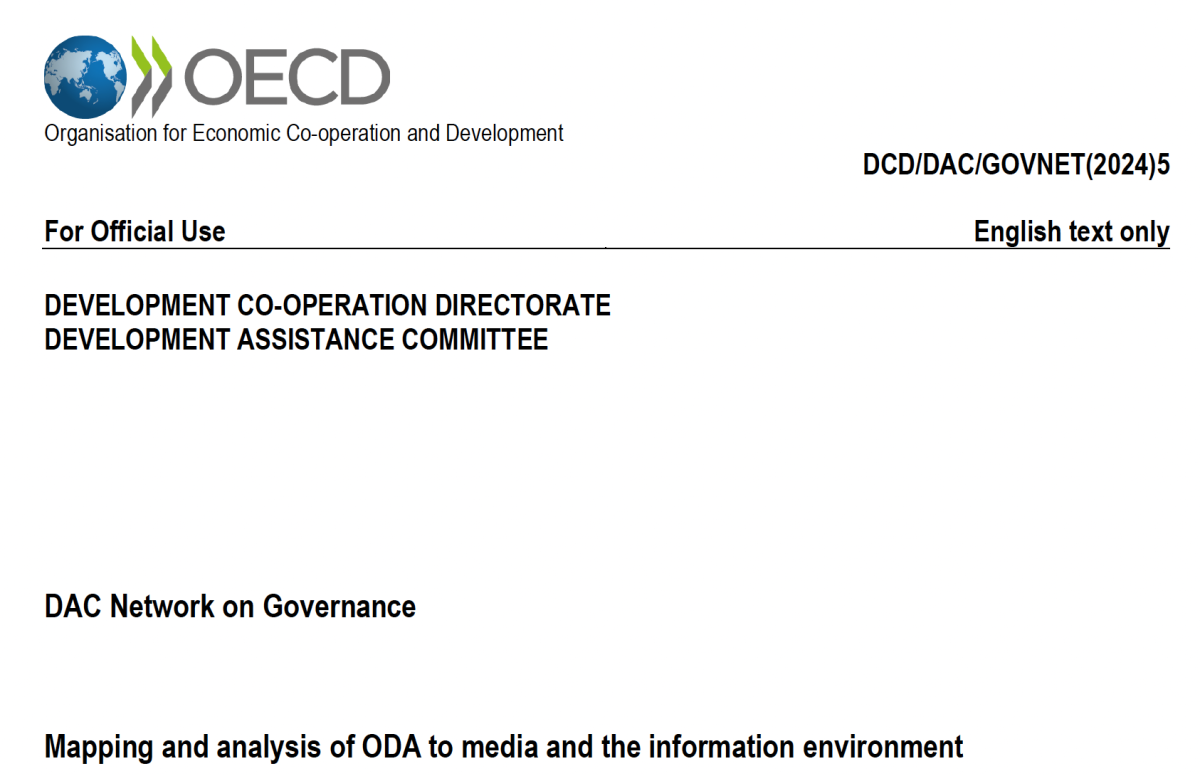
From dysfunctional to functional corruption: The politics of reform in Lebanon’s electricity sector
In Lebanon, the electricity sector’s dysfunction and inefficiency mask deeper political economy challenges, including rampant rent-seeking, captured institutions and a fractured state. Over decades, corruption and mismanagement in Lebanon’s electricity sector has contributed to the draining of public finances and has deprived the Lebanese people of their right to reliable and affordable electricity.
Amidst the poor general state of the sector, one area of Lebanon has managed to operate a private utility that provides a reliable and high-quality electricity service – Électricité de Zahlé (EDZ). Our study explores how it has been possible to establish EDZ’s functional, but problematic, service provision within the complex sectarian political context of Lebanon. We draw existing development and political economy literature to understand the rents and types of corruption in the sector and how the changes implemented by EDZ have been consistent with the nature of Lebanon’s political settlement.
Political economy analysis for climate action - new course launched starting October 2024
The Policy Practice is delighted to be re-running the popular online course on Political Economy Analysis for Climate Action. This course explains how political economy analysis can be used to understand the challenge of action on climate change and to design more effective interventions. The course will consist of eight, 2-hour online sessions from 4 October to 12 November 2024. For more information and to register please click below or see our flyer here.
The political economy of energy transitions in Ghana, Zambia and Vietnam - Policy Brief 17
Written by Sam Bickersteth with Neil McCulloch and Meron Tesfamichael, this policy brief draws out some of the common constraints hindering the energy transition in Ghana, Zambia, and Vietnam and many other countries in the Global South. It also shows how political economy analysis can help to identify politically feasible pathways of change in each country demonstrating the importance of such analysis as an essential tool to understand energy transition.
Media support: aid funding does not match donor rhetoric
Laure-Hélène Piron (TPP Director) presented her analysis of official development assistance to media and the information environment to the Governance Network of the OECD Development Assistance Committee on 6 March 2024.
The draft report shows that the rhetoric of governments which support freedom of expression and condemn disinformation is not matched by sufficient funding. And too little directly goes to local media organisations.



